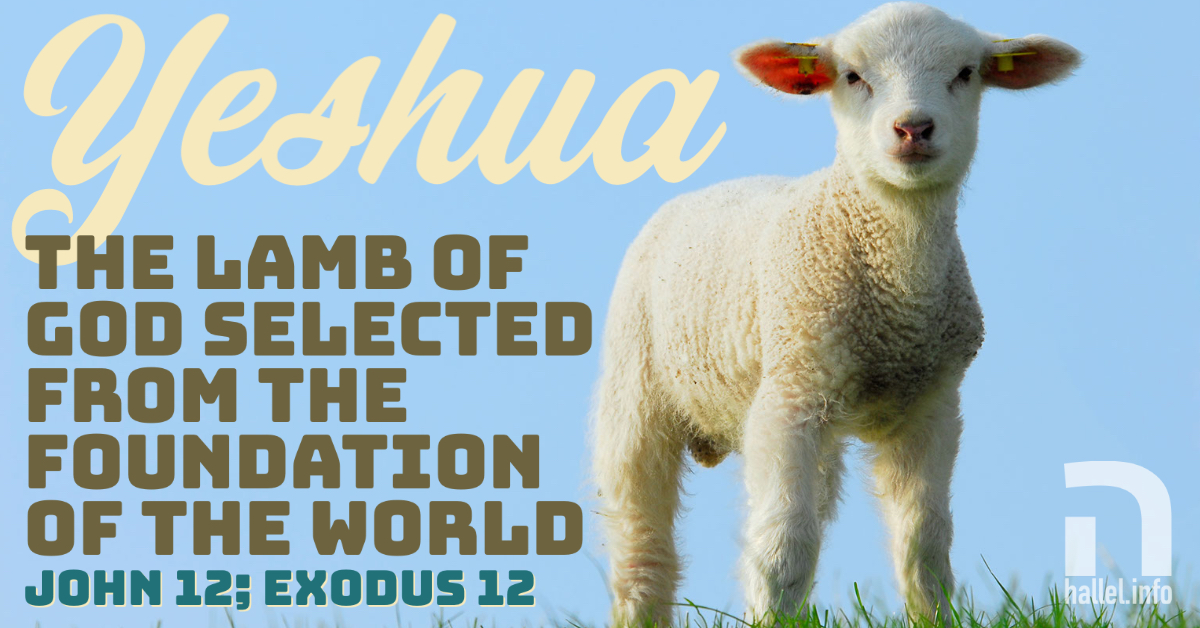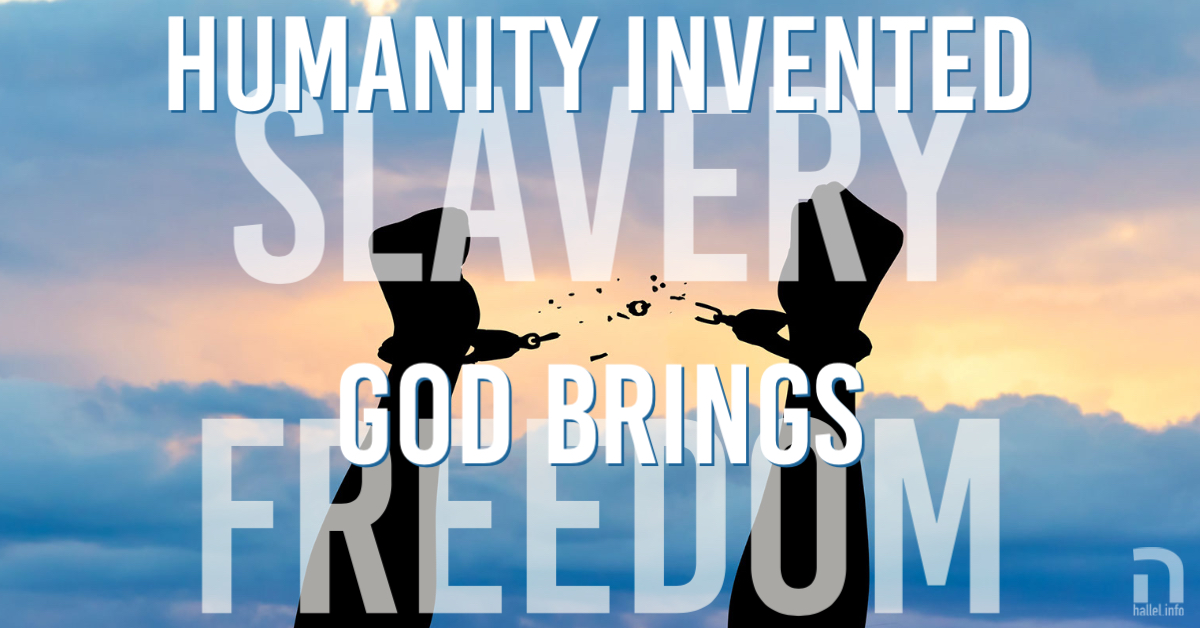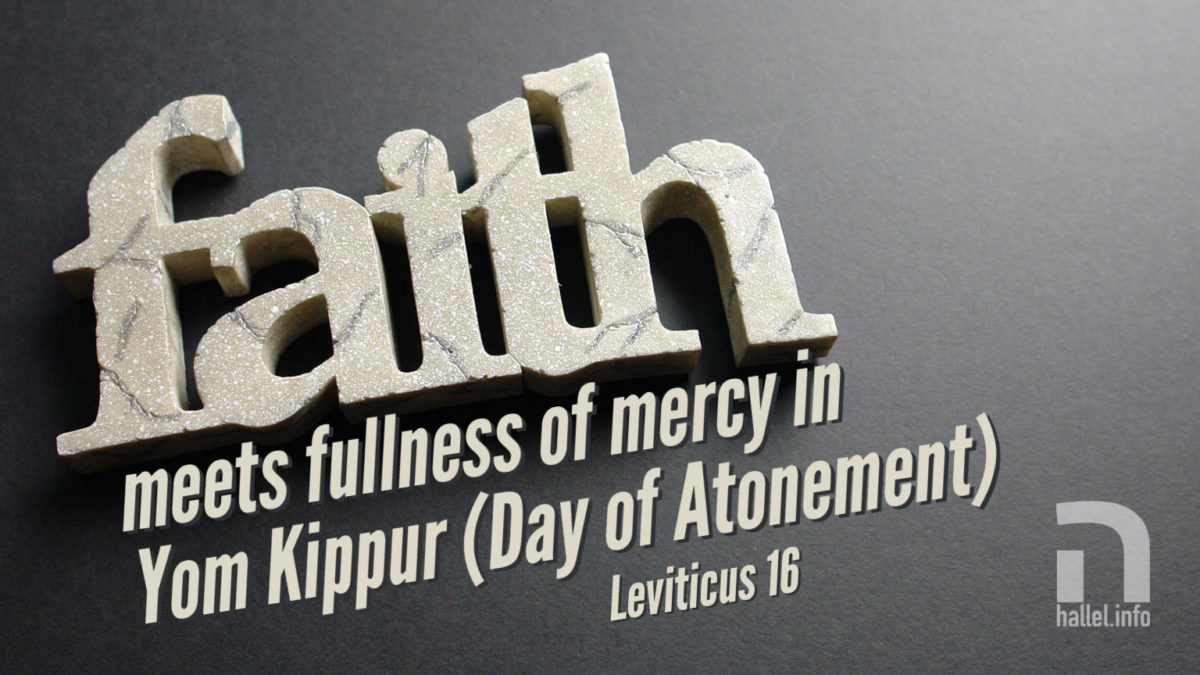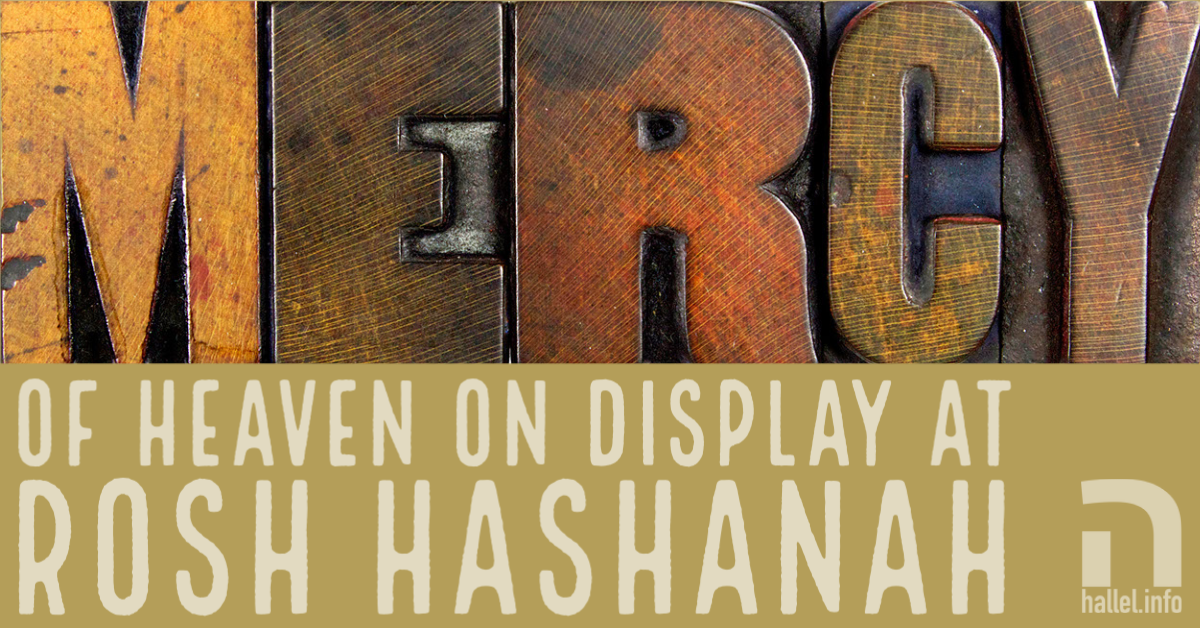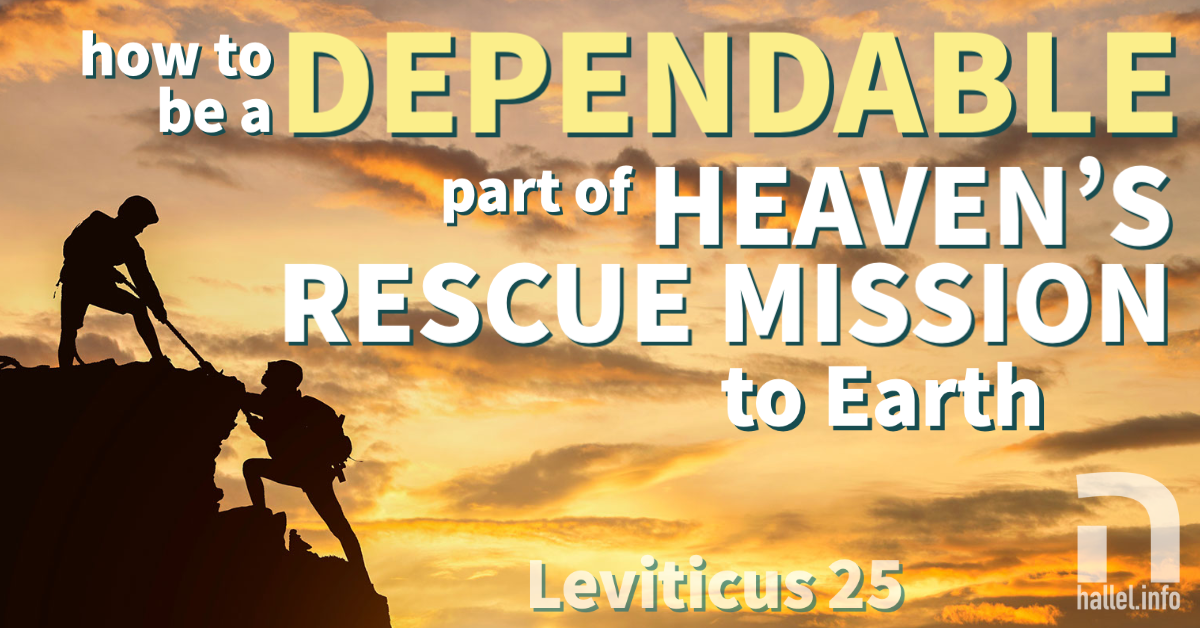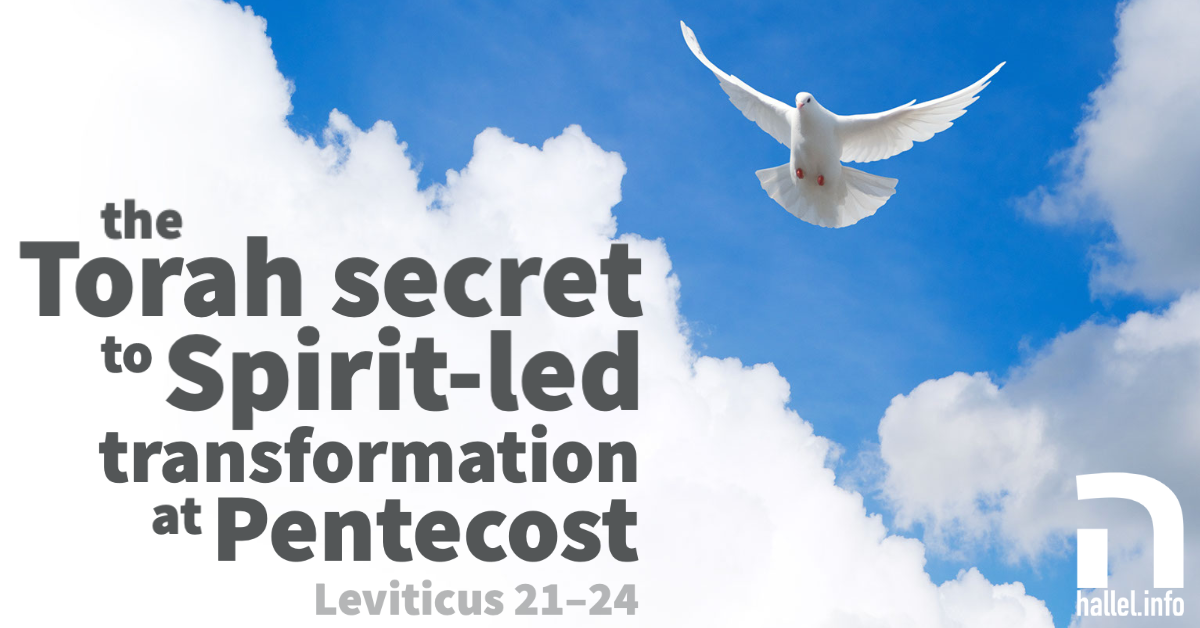The Torah reading בְּהַר Behar (“on mount” [Sinai]; Leviticus 25) teaches us how to be a kinsman-redeemer. It’s a beautiful ancient role for a family member with the character to step up and bail out a relative who has fallen on hard times.
The Bible book of Ruth provides an example of such a redeemer in action, and the Messiah is foretold to be the ultimate one for the world.
In the greater family of God on Earth, the lessons of the annual festivals of Shavuot (Pentecost) and Sukkot (Tabernacles) plus the multiyear cycles of Shemitah (sabbatical year) and Yobel (Jubilee) instruct us in how to be of service to the less fortunate within our sphere of influence.
A successful kinsman-redeemer helps others with the blessing of means that God has provided. We are not called to go into debt to help others, we are not compelled by God to drown ourselves to save someone else.
From these cyclical memorials of God in action past, present and future, we also can learn how God is building up His Kingdom. It starts with the call of individuals then nations into His Kingdom to live as citizens in His presence.
